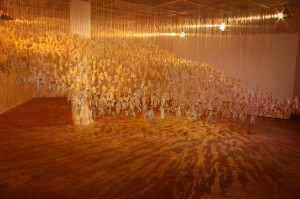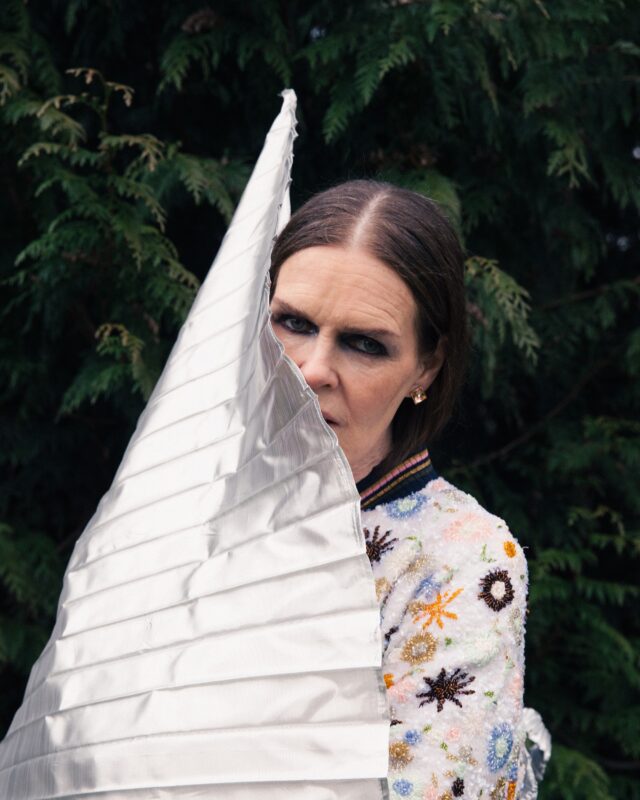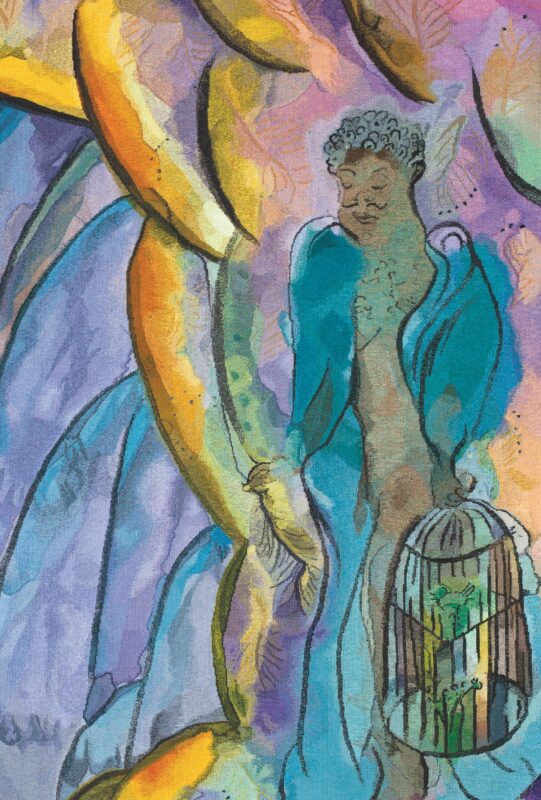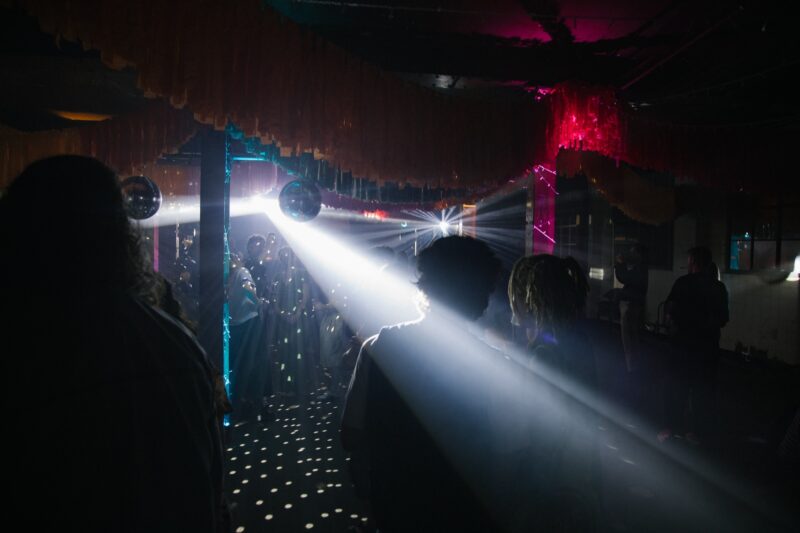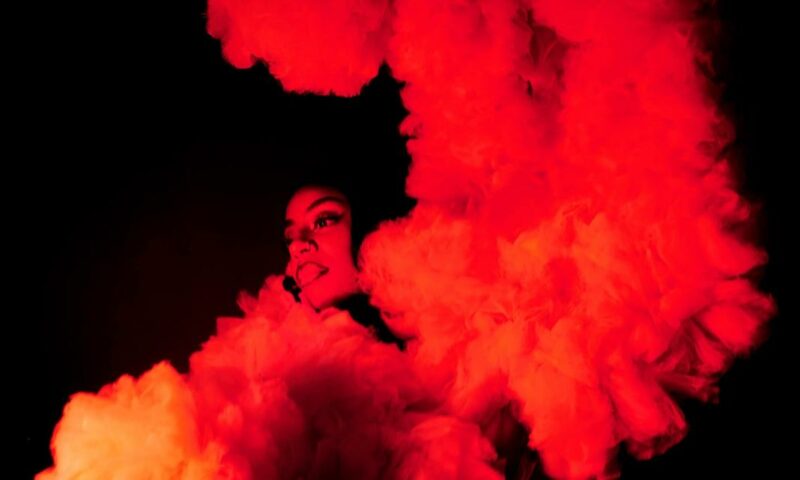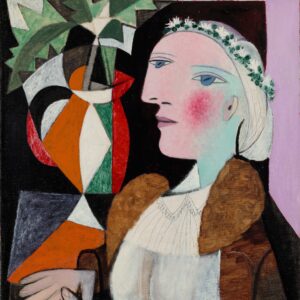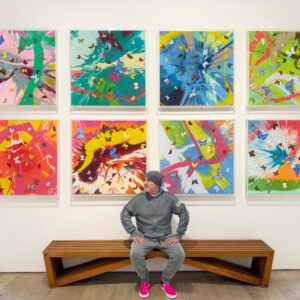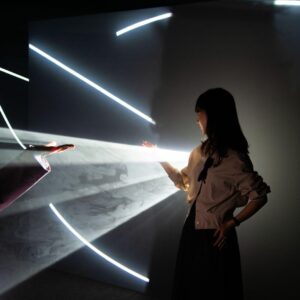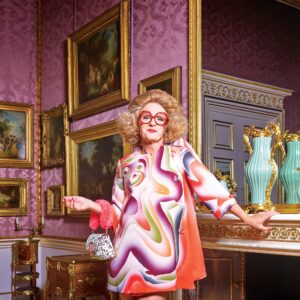Return of the Soul by Jane Frere has found itself the centre stage of controversy even before the first of the 3,000 figures that form this installation is hung for its western debut at the Patriothall Gallery at WASPS during the Edinburgh Art Festival.
Artist Jane Frere lived and worked with Palestinians in refugee camps in the Middle East to prepare the work, which depicts a mass exodus of refugees and includes first-hand recollections of Palestinians, who fled their homeland. Many, mere children at the time, tell stories of massacres and atrocities, violence and hardship endured on their road into exile. Many of the events, now regarded as war crimes and ‘ethnic cleansing’ by historians, have been confirmed by Israeli academics researching the military archives.
“People who have seen this installation in Jerusalem and the West Bank tell me it has been quite cathartic for them. But it has been a totally cathartic experience for me too,” said Jane, from Drumnadrochit, Inverness-shire. “I have become a collector of tears. So many people wept as they recalled what happened. It was genuinely shocking. And many people who came to the first showing at Al Hoash Gallery in East Jerusalem also broke down in tears. For them it represents a gaping wound that has not yet healed.”
Background
In preparing the groundwork for her installation Jane developed a two-year programme involving Palestinian artists and many others who have spent their entire lives in refugee camps. She spent time living with refugee families in camps in the West Bank, Jordan and Lebanon.
“My research is about capturing the emotions of these people. Some of them remain very guarded, fearing even now that there may be repercussions for them or their families if they gave frank accounts of what they remember. I want Return of the Soul in its own way to not only help their voices to be heard but also to shed light on a part of 20th century history that I believe has been left in the dark.
“Any reference to the Nakbah, or Catastrophe, means facing the facts about the events, now termed ethnic cleansing, that forced 750,000 Palestinians into permanent exile. There are now 4.5 million Palestinians officially registered as refugees and a string of UN resolutions restating their rights under international law.
“I approach this as an artist from a purely humanitarian and spiritual aspect, although there are others who want to see any concern or compassion for these people – who we should understand are victims of 1948 – as taking some sort of political stance. I reject that totally.
“Return of the Soul is not political, but it is about seeing from a very human perspective that the Palestinians have suffered and have been wronged, and this tragedy unfolded largely due to decisions we made here in Britain.”
Jane worked as artist in residence with Al Hoash Gallery and with UNRWA, the UN agency responsible for Palestinian refugees. She lived and worked in the West Bank, and also in Jordan and Lebanon, preparing the background and materials for the two parallel installations which now have over 6,000 wax figures. Associate producers AL-JANA/ The Arab Resource Centre for Popular Arts and the Cultural Cooperative Association SHAMS in Beirut helped her to create the figures used in the installation for Edinburgh, and in particular to gather oral histories of those caught up in the conflict – people who were children when they were forced from their homes in 1948. Other testimonies have come through word of mouth from members of the Palestinian diaspora.
The project was developed in collaboration with Al Hoash Gallery in East Jerusalem, and also involved the Al Balad Theatre in Jordan, where the work will go on show at the Darat al Funun Gallery in Amman later in the year. Jane worked with many supporting groups and programme partners. The main sponsor is the Welfare Association, whose Director-General, Dr. Attalah Kuttab, will officially open the installation in Edinburgh.
After training at Central St Martin’s College of Art and Design, Scottish artist Jane Frere completed her postgraduate studies at the Slade School of Art in London, where she was awarded the Leslie Hurry prize. She has worked as a theatrical set and costume designer in the UK and Greece.
No stranger to Edinburgh, she first worked with the doyen of the Edinburgh arts scene, Richard Demarco, before becoming an international theatre producer, bringing a series of award-winning companies to the Fringe. Best remembered is the Polish company, Teatr Biuro Podrozy, whose internationally acclaimed performance Carmen Funebre went on to being performed in over 45 countries worldwide. On a number of occasions she worked in Iran and produced the 2003 Edinburgh Fringe show The Mute who was Dreamed by the Tehran-based Theatre Bazi, which is performing The Devil’s Ship at this year’s Edinburgh International Festival.
Crossing and integrating disciplines, Jane’s current artistic work is experimental and uses a variety of media including sculpture, sound and film. She became immersed in the theme of the Palestinian exodus – Al Nakbah – in 2005, leading to her first video installation, which was presented alongside performances by the Ramallah-based Al Kasabah Theatre during the Maski Festival in Poland in November 2006.
